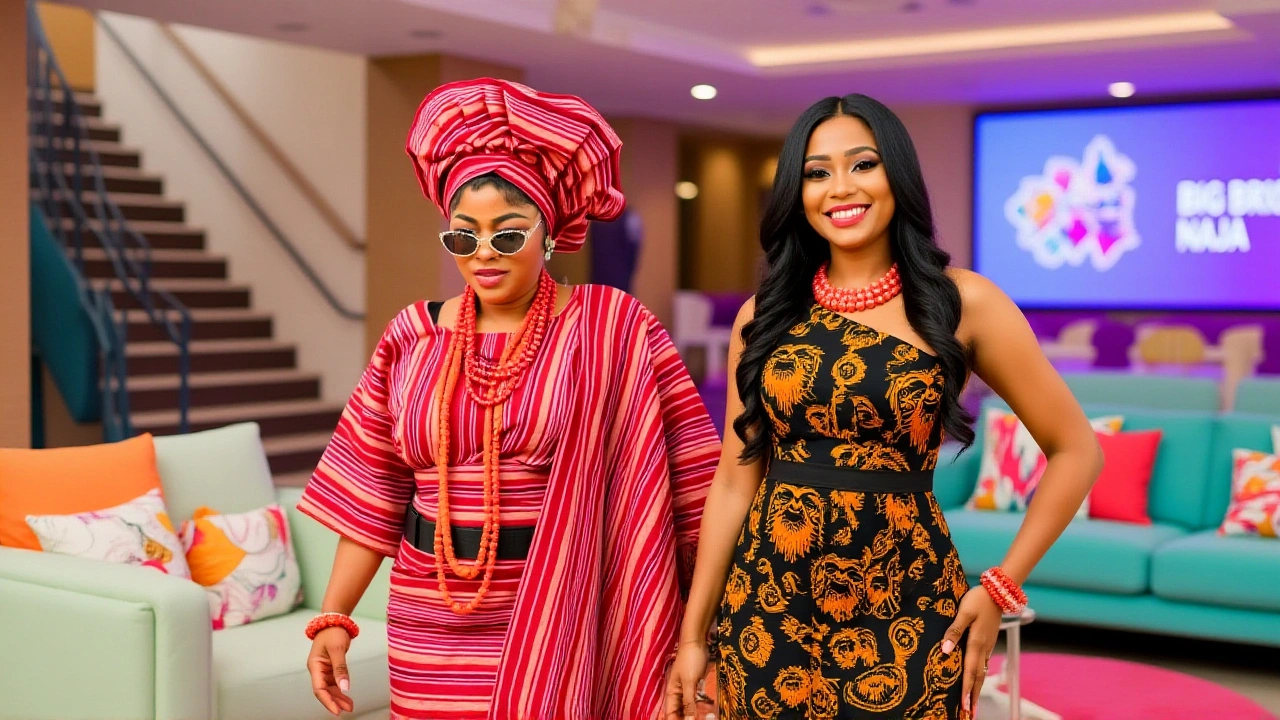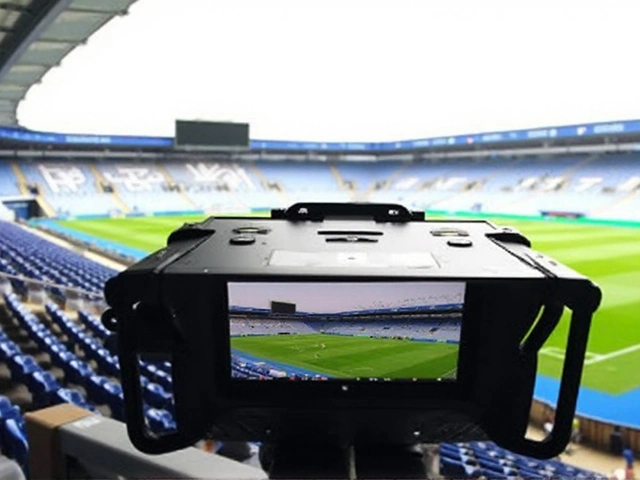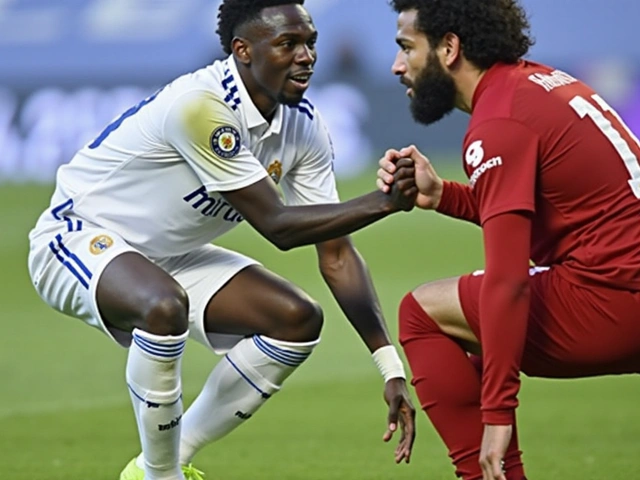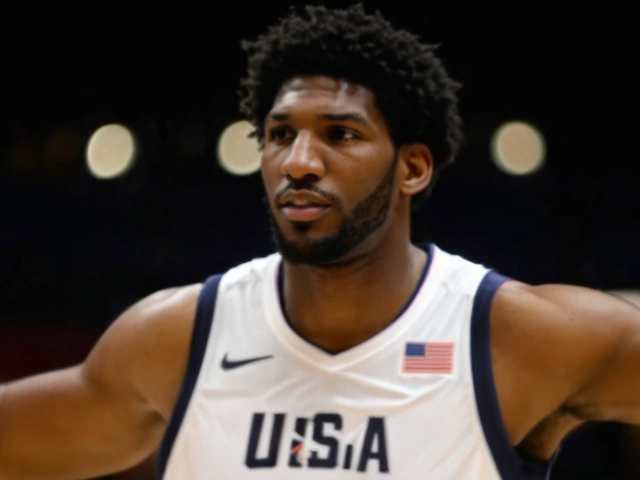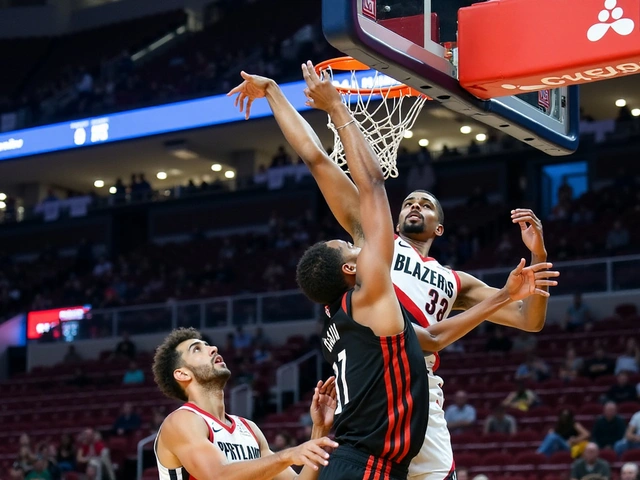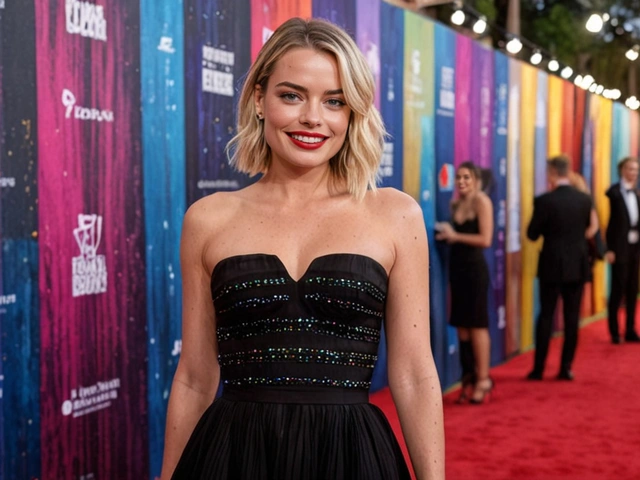When Imisi, a 24‑year‑old Lagos native, was announced the winner of Big Brother Naija Season 10 on October 5, 2025, the nation’s social feeds went berserk.
The reality series, officially titled the “10/10 season,” wrapped up a ten‑week battle that began on July 27, 2025, when twelve hopefuls first stepped into the iconic house on Lagos. From the opening night, viewers were promised a mix of drama, comedy, and “everything” in between, a promise that the contestants delivered in spades.
Season timeline and key moments
Over the course of the competition, the house saw alliances shift like sand in a desert storm. Early on, Koyin and Sultana formed a strategic partnership that dominated the first three weeks, while Isabella used her gaming skills to win several physical challenges.
Mid‑season, a tear‑filled confession from Kaybobo sparked a spike in online sympathy votes, proving that emotional storytelling can be just as potent as a clever task win. Yet the most talked‑about moment came when Imisi delivered a 12‑minute stand‑up routine that had the housemates cracking up and the audience sharing clips across Twitter and TikTok.
The finale night: a night of numbers and nerves
The grand finale was staged at the Eko Convention Centre in Lagos, with live performances, a surprise appearance by former winners, and a nail‑biting voting tally. By 10 p.m. local time, the live voting app had recorded 2.3 million votes, a figure that eclipsed the previous season’s total by almost 40 %.
While Dede secured the first‑runner‑up slot with 32 % of the final vote, Imisi clinched the crown with a narrow 35 % margin. “I never imagined my jokes would get me here,” Imisi whispered to the camera moments after the announcement. Her grin was infectious, and even rival contestants flooded the comment sections with congratulations.
Voting frenzy: churches, communities, and a nation tuning in
One of the season’s most striking social phenomena was the way churches turned voting into a collective ritual. In Lagos’ St. Michael’s Cathedral, parishioners formed a line that stretched to the parking lot, each person tapping their phones to register a vote. Organizers later estimated that churches across the country contributed roughly 1.5 million votes—a staggering 65 % of the total.
“Even in church, people voted massively,” said a Lagos resident who preferred to stay anonymous. The comment underscored how the show has become a cultural touchstone, blurring the line between entertainment and civic participation.
Prize package: cash, assets, and a financial safety net
The grand prize, valued at 150 million naira, comprises ₦80 million in cash and a suite of assets—including a brand‑new Nissan X‑Trail, a home renovation voucher, and a six‑month contract with a leading fashion label. The prize structure remained untouched despite contestants spending a combined ₦12 million on personal items during their stay.
According to a spokesperson from MultiChoice Nigeria, the network’s production arm, “Big Brother Naija’s budget includes a contingency that reimburses any in‑house expenditures, ensuring the winner walks away with the full promised value.” This reassurance kept the competition’s financial integrity intact and prevented any post‑show controversies.
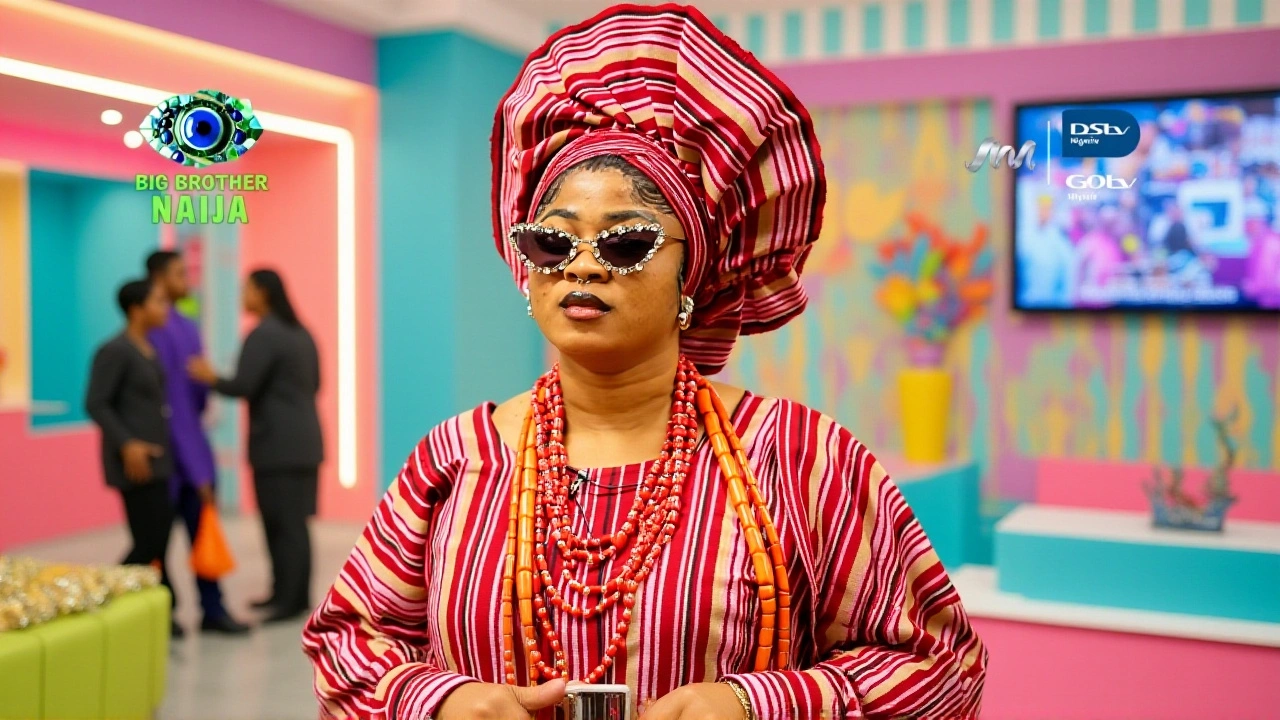
What Imisi’s win means for the BBNaija brand
Imisi’s victory signals a shift toward contestants who blend humor with authenticity. Media analyst Chinedu Okonkwo of the Lagos Institute for Digital Culture observes, “The audience rewarded a personality that felt relatable rather than a polished ‘game‑player.’ That tells producers that raw charisma still trumps calculated strategy.”
The win also reinforces the show’s power to mobilize communities. With voting campaigns reaching deep into churches, market stalls, and university campuses, the season set a new benchmark for viewer engagement. Brands that partnered with BBNaija reported a 23 % lift in social mentions, confirming that the series remains a prime platform for advertisers.
Looking ahead, the producers have hinted at a “Season 11” that may introduce a “public‑choice twist,” allowing fans to nominate new housemates before the show even begins. If the voting fervor from this season is any indication, the next edition could become even more of a national event.
Key facts at a glance
- Date of finale: October 5, 2025
- Winner: Imisi
- First runner‑up: Dede
- Grand prize value: 150 million naira (₦80 million cash)
- Total votes recorded: 2.3 million
Frequently Asked Questions
How does Imisi’s win affect future contestants?
The win highlights that humor and genuine personality can outweigh pure strategy. Aspiring housemates are likely to focus more on authenticity, hoping to connect emotionally with voters who now see relatability as a winning formula.
What was the role of churches in the voting process?
Churches turned voting into a communal activity, with congregations gathering to cast votes en masse. Estimates suggest that about 1.5 million of the 2.3 million total votes originated from church‑based voting sessions.
Will the prize structure change next season?
Producers have confirmed the cash component will remain at ₦80 million, but they are exploring new partnership prizes such as tech bundles and travel experiences to keep the offer fresh for future winners.
How many weeks did Season 10 run?
The season spanned ten weeks, kicking off on July 27, 2025, and culminating in the final showdown on October 5, 2025.
What impact did the season have on advertisers?
Brands aligned with BBNaija reported a 23 % increase in social media mentions and higher engagement rates, underscoring the show’s continued value as a marketing platform.

